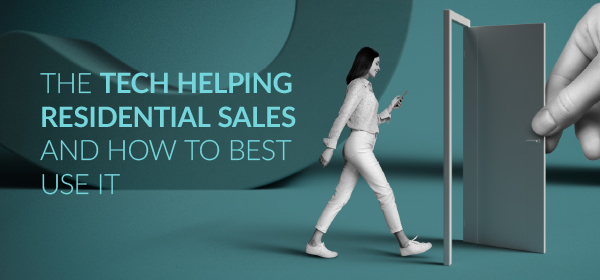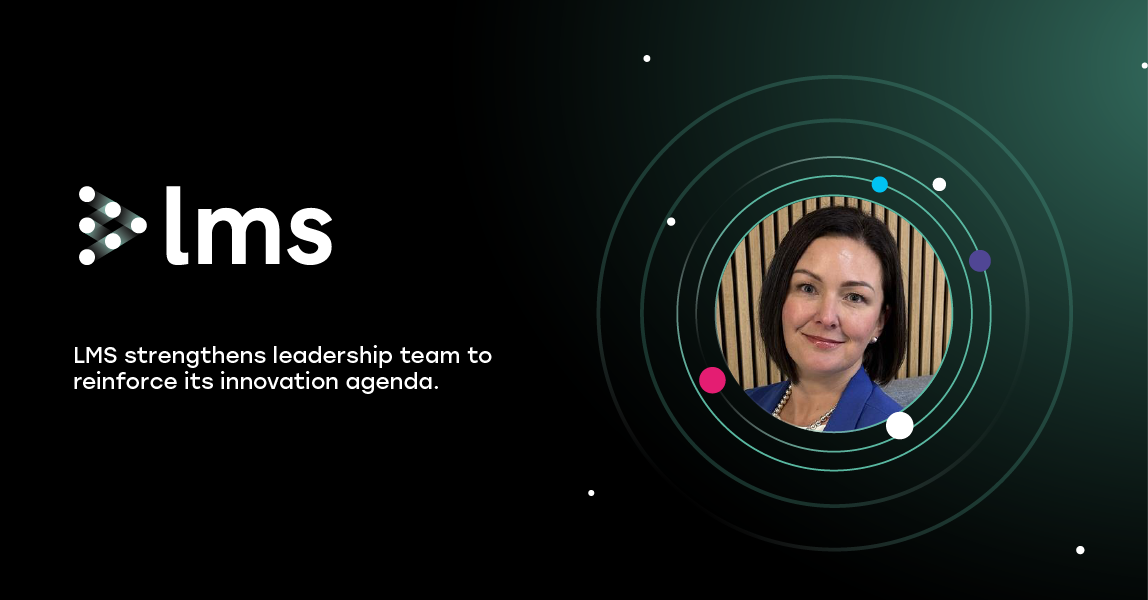LMS welcomes Alexi Walsh as its new chief financial officer, showcasing further investment in high-calibre…
The term ‘proptech’ can mean many things. Modernisation and new technology run the risk of accidentally implying complexity and difficult transitions to something new, unfamiliar or perhaps even unproven. That’s unfortunate, as there are already many types of conveyancing technology that are intuitive and make life easier for everyone involved in the residential property chain, and there are a good few more advances to come.
This is a quickfire post. It should help demystify the many names for types of conveyancing technology, and explain how proptech can deliver value for residential conveyancers.
Discover more in our Guide: The SearchFlow guide to technology for conveyancers
How Artificial Intelligence (AI) will help residential transactions
AI will likely be extremely powerful for streamlining residential property transaction process, but it will need a path to integration at the heart of a business. So not necessarily a first-step solution, something that will emerge and grow as its potential becomes understood.
By automating numerous iterative tasks that aren’t client-facing (like lead generation, desk-based valuations and fraud detection), estate agents, conveyancers and legal teams can become much more efficient. The net effects of introducing AI are about ensuring less uncertainty across the transaction – creating a reduced margin for error and delay through the use of machine insights – and more time to do other things. Time to shape a business, meet clients’ needs and build deeper, long-term client relationships.
How Augmented Reality (AR) will help residential transactions
The technology is still in its early stages. It has the potential to transform the property market in the UK and is a technology worth watching.
We already see virtual video tours, but as AR improves, online viewings will be even more immersive – even enabling sellers to digitally annotate and stage their home to be more informative and attractive to buyers. If a property needs a lot of work, for example, AR might show how it could look with an extension or a new kitchen and bathroom. Many TV shows use AR to give us the glimpse of a property’s potential, although we may still think of those illustrations as smart graphics.
How Mixed Reality (MR) will help residential sales
MR is more immersive than AR, as it uses cameras or measurements and sensors to combine the real and virtual world and create an interactive yet highly informative experience.
Residential sales will change dramatically with MR. Interactive floor plans could show how furniture and interior décor might fit into an existing space, for example. MR could help people to feel far-more connected to a property, understand its key attributes and make better-informed decisions. It might even eliminate the need for physical viewings, which could open up all kinds of better customer experiences for distant or vulnerable clients, for example. It could also reduce time and travel costs for follow-up visits and save agents time collecting details – allowing them to focus on the client relationship.
WHAT ARE LLM, ChatGPT, Bard and Llama?
An LLM is a Large Language Model. This technology made a splash in November 2022 with the appearance of ChatGPT – a form of AI that uses vast collections of public data and complex training on what it means, to then use software inferences that generate a stream of textual outputs in response to questions and prompts. Meta’s own Llama and Google’s Bard appeared in similar vein soon afterwards, following a fast-emerging trend.
LLMs are trained on huge datasets of text, data, images and even code. They analyse all manner of relationships between words, artefacts, phrases, meaning and context, to generate responses that are grammatically correct and semantically coherent – spanning more and more topics – though the path to 100% reliability remains an open question.
How LLMs may help residential sales
LLMs are still evolving, but they are valuable for generating understanding and ideas that help people move forward with their own projects. With suitable training, that can include statutory and regulatory matters, and carefully worded prompts, for example, an LLM can suggest the outline for anything from a legal concern to a marketing campaign, or create customer-facing information sheets.
While it is early days for LLMs, they are advancing rapidly and their potential as time savers in case progression, marketing and materials generation is exciting. LLMs are learning quickly, they generate responses without language errors and increasingly on expert topics –when their output is acceptable to use – they have the potential to save time, money and valuable resources.
WHAT IS RPA?
RPA is Robotic Process Automation.
RPA does exactly what it says on the tin: it automates repetitive tasks. These are the mundane tasks that humans might well find boring – things like renaming property images, for example. When that human interest is low, mistakes are likely to creep in when people are processing large amounts of information. RPA mimics and replicates human actions to improve efficiency, accuracy and compliance in business processes.
How RPA will help residential sales
RPA streamlines businesses. In various forms, it can help with data collection, processing forms, scheduling viewings, meetings and reminders – even automating compliance checks. It puts time back into a business, so that people can focus on lead generation and personalising customer service to get those all-important word-of-mouth recommendations.
WHAT IS THE METAVERSE?
The Metaverse
We must mention the Metaverse. In the most basic terms, the Metaverse is the internet, but in visual 3D. It’s a space in which virtual experience simulates the real world or an alternative reality of choice.
Technology companies use the term to imply combinations of AI, VR, AR and MR. In the Metaverse, companies can create and define their own 3D worlds to allow users to interact, buy and sell goods and services, exchange information, and create relationships that don’t depend on interactions in the physical world.
How the metaverse will help residential sales
Ultimately, everything in the real world may have a virtual or enhanced version. In residential property it might take us from traditional 2D maps and floorplans to ever more 3D enhanced views with all but unimaginable new services and business models. This is the territory of future opportunity and also false dawns. It’s already possible to buy virtual real estate, for example. At the moment, the Metaverse is a place to make connections without making physical journeys. It’s likely to be a technology that sits on the edge of residential conveyancing for the foreseeable future, as it seeks out potential for new client-facing tools and creative innovation.
Discover more in our Guide: The SearchFlow guide to technology for conveyancers
START THE CONVERSATION
“What’s the right proptech for residential sales? How can it be used best?”
We have many if not most of the answers to your questions on conveyancing technology, including the more complex aspects of proptech.
At SearchFlow, we offer an open invitation to talk about proptech, search services, data, time savings and the cost efficiencies available via our platforms and conveyancing technologies.
We work closely with firms up and down the country, building a clear and deep understanding of what conveyancers need most in their support systems. We’d love to talk.
Here’s how to reach us, if you’d like to know more about proptech for residentials sales.
We are Searchflow, part of Landmark Information Group. We may be best known for our huge range property searches, search services, and conveyancing technology – but we are also committed to helping our industry improve its service to homebuyers.
We bring legal firms and estate agencies together, empowering them to make property transactions a more positive experience for everyone involved.




